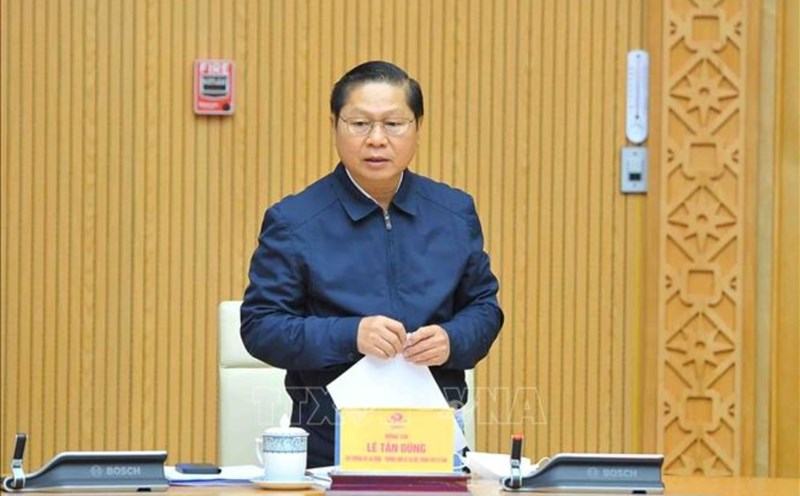Inspection and examination activities in various fields in Binh Dinh province have been strengthened, thereby promptly detecting shortcomings in management, recommending handling of economic violations, and at the same time rectifying shortcomings and limitations. This work has contributed to improving the effectiveness of state management, preventing violations of the law, corruption, and waste "early and from afar".
Implementing the Inspection Plan approved by the Chairman of Binh Dinh Provincial People's Committee, in 2024, the province's Inspectorate conducted 136 inspections (including 81 administrative inspections and 55 specialized inspections in socio-economic fields). Thereby, economic violations were discovered with an amount of more than 10.5 billion VND and more than 26 hectares of land of all kinds.
After the inspection, the authorities reclaimed more than 6.4 billion VND and 14.6 hectares of land to the State. At the same time, it is recommended to handle the case in other forms (recovering to the unit, recording revenue, recording expenditure, reducing payment deductions, rectifying management work) with an amount of more than 4 billion VND and more than 11.4 hectares of land.
The Inspectorate has recommended reviewing the responsibilities of 14 groups and 56 individuals, and transferring the file of 1 case with signs of crime to the investigation agency. The specialized inspectorate has also issued 15 decisions to sanction administrative violations against 8 organizations and 7 individuals, with a total amount of more than 1 billion VND.
Departments and offices under the province have also conducted 242 inspections in areas under state management authority at 4,041 organizations and individuals. Thereby, 196 decisions have been issued to sanction administrative violations, with a total amount of more than 6.8 billion VND, of which 133 organizations and 63 individuals were sanctioned.
According to the leader of Binh Dinh Provincial People's Committee, despite many important results, the practice of thrift and combating waste (THTK, CLP) still has some limitations.
Some agencies, units and localities have not been closely involved in directing the implementation of administrative procedures and CLP. The identification of wasteful behaviors in sectors, fields, and management areas is still limited, leading to a lack of timely prevention and handling measures. Some agencies and units still have shortcomings in budget management and use.
In addition, the procurement of public assets by centralized methods has been promoted, but in some localities it is still slow to be implemented. Illegal exploitation of soil and sand still exists, affecting resources and the environment.
Some projects have been allocated land but are slow to implement, while some investors have not yet paid land use fees and land rents on time, leading to ineffective investment resources.
Notably, some public works serving the people's interests have not been exploited and used effectively, causing waste of the budget and creating public outrage.











